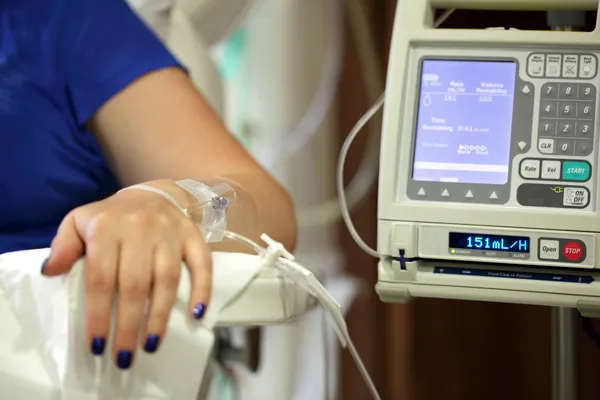A $1 Cancer Treatment: Scientists are developing a low-cost, safe, and controlled cancer treatment using bacteria.
Cancer, a disease that has long cast a shadow over human health, may soon face a formidable adversary in the form of programmable bacteria. A team of researchers from Texas A&M University and the University of Missouri is pioneering the development of this groundbreaking therapy, aiming to revolutionize cancer treatment with its low cost, enhanced safety, and targeted effectiveness.
Traditional cancer therapies have often been plagued by limitations, such as debilitating side effects, low patient responsiveness, and exorbitant costs. The financial burden of cancer treatment can be overwhelming, with state-of-the-art therapies costing upwards of $1 million. Recognizing these challenges, the research team has secured a $20 million grant from the Advanced Research Projects Agency for Health (ARPA-H) to develop a transformative cancer treatment.
At the heart of this innovative approach lies the engineering of bacteria to specifically target and eliminate cancerous tissue. These bacteria, known as Synthetic Programmable Bacteria for Immune-directed Killing in Tumor Environments (SPIKEs), are designed to collaborate with the body’s immune system, namely T cells, to effectively combat cancer cells. Once their task is complete, the bacteria self-destruct and are safely expelled from the body.

To facilitate the development of SPIKEs, Dr. Arum Han’s lab at Texas A&M is pioneering high-throughput microfluidic systems capable of rapidly screening vast libraries of bacterial therapeutics. These systems, integrating microfabrication and biotechnology, enable the precise analysis of individual cells, accelerating the identification of promising treatment candidates.
Meanwhile, Dr. Jim Song, an immunologist with expertise in microbial pathogenesis, T cell biology, and T cell-based immunotherapy, is focused on enhancing the effectiveness of the bacteria in suppressing tumor growth. He is exploring ways to manipulate the microenvironment of the body using a specific strain of bacteria known as Brucella Melitensis, which has demonstrated remarkable efficacy in treating various cancers.
Dr. Chelsea Hu, an assistant professor in the Artie McFerrin Department of Chemical Engineering and a synthetic biologist, is dedicated to ensuring the safety and controllability of the living bacterial therapeutic. She is engineering biosensors into the bacteria to differentiate between healthy and cancerous tissues, ensuring their localized activity within the tumor microenvironment. Additionally, she is designing a mechanism to trigger the self-destruction of the bacteria once their mission is accomplished.
The potential of this research extends beyond cancer treatment, offering promising avenues for tackling autoimmune diseases such as type 1 diabetes and rheumatoid arthritis. By harnessing the power of beneficial microbes to modulate the immune system, researchers envision a future where these groundbreaking therapies revolutionize the treatment of a wide range of diseases.
This research represents a paradigm shift in cancer treatment, moving away from traditional approaches that often cause significant harm to patients and towards a therapy that is not only effective but also safe and affordable. The prospect of a $1-per-dose cancer treatment holds immense promise for millions of people worldwide, offering renewed hope for a future free from the devastating effects of this disease.
Study source.
Continue to check our website soundhealthandlastingwealth.com for more articles of this kind. And, please use our comment section as well, we would love to hear from you.









